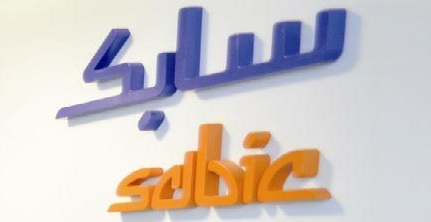 SINGAPORE (ICIS)–Saudi Arabia’s petrochemical giant SABIC plans to spend $3bn-10bn on acquisitions in the next five years, Bloomberg TV reported on Thursday.
SINGAPORE (ICIS)–Saudi Arabia’s petrochemical giant SABIC plans to spend $3bn-10bn on acquisitions in the next five years, Bloomberg TV reported on Thursday.
The company’s businesses are divided into petrochemicals, specialty chemicals and agri-nutrients.
“Each one of those business lines has a clear strategy from an organic point of view and acquisitions point of view. Especially on the specialty side and petchem side, we are entertaining options in North America, China, and also parts of Europe,” SABIC CEO Yousef Abdullah Al Benyan told Bloomberg TV in an interview in China.
“We are excited about those opportunities and hopefully in 2018, some of them will materialize,” said Al Benyan, who was attending the Fortune Global Forum being held in Guangzhou on 6-8 December.
The SABIC chief said that China is a “strategic market” for the company and is looking at opportunities to expand the current joint venture with Chinese petrochemical major Sinopec.
China’s plans to become more self-sufficient in petrochemicals is an opportunity for SABIC, he said.
“That’s why we want to be a local player,” he said, referring to the company’s manufacturing presence in the world’s second-biggest economy.
“When we enter any market, we don’t really behave like a foreign investor, we behave like a local player and try to serve the local market demands. And I’m pretty sure we will help China to have a self-sufficiency on the core products that they need,” Al Benyan said in the Bloomberg TV interview.
